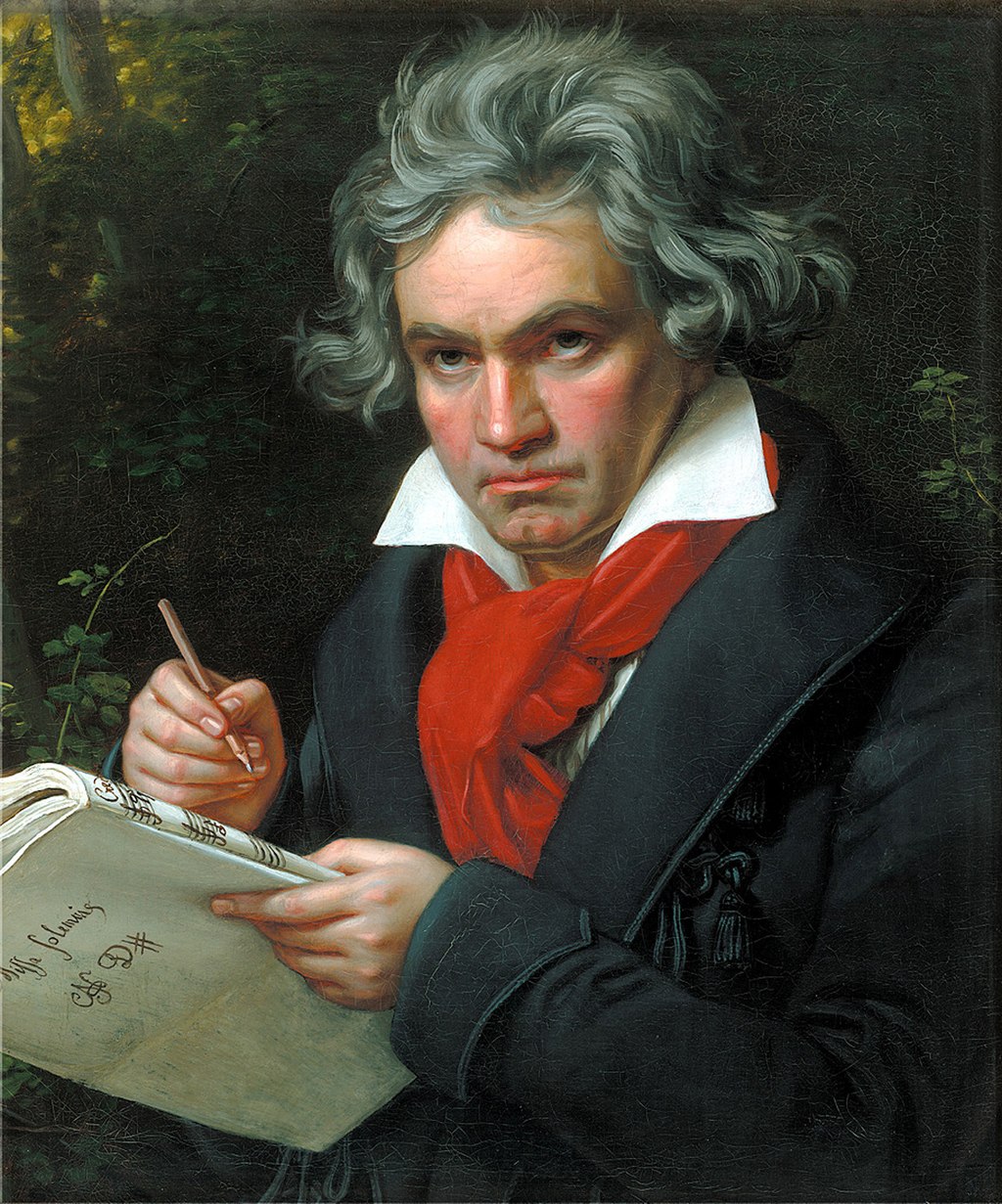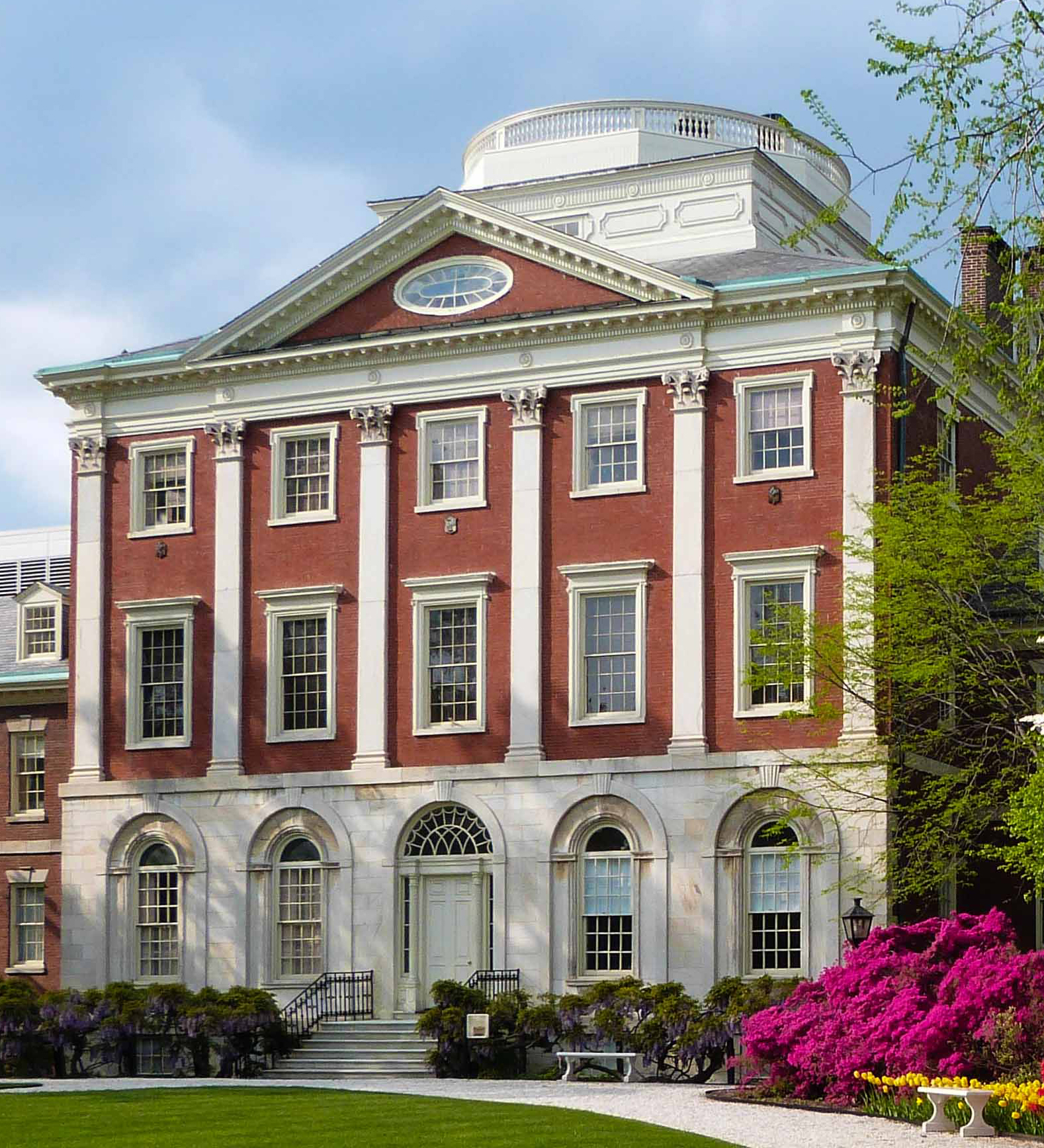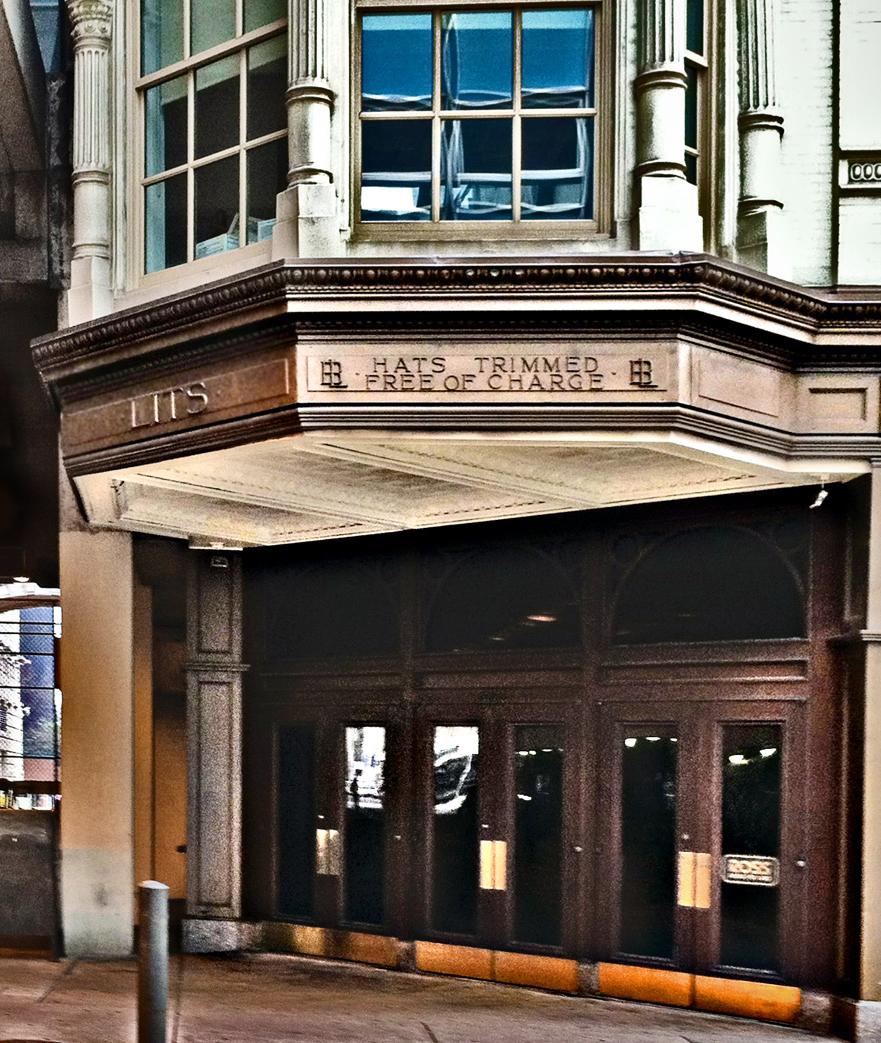ORWELLIAN
In a 1946 essay on politics and the English language, George Orwell criticized pretentious diction and meaningless words. “Adjectives like epoch-making, epic, historic, unforgettable, triumphant, age-old, inevitable, inexorable, veritable, are used to dignify the sordid process of international politics, while writing that aims at glorifying war usually takes on an archaic color, its characteristic words being: realm, throne, chariot, mailed fist, trident, sword, shield, buckler, banner, jackboot, clarion. Foreign words and expressions such as cul de sac, ancien regime, deus ex machina, mutatis mutandis, status quo, gleichschaltung, weltanschauung, are used to give an air of culture and elegance.” What would he have made of today’s slew of popular adjectives: social (distancing),







